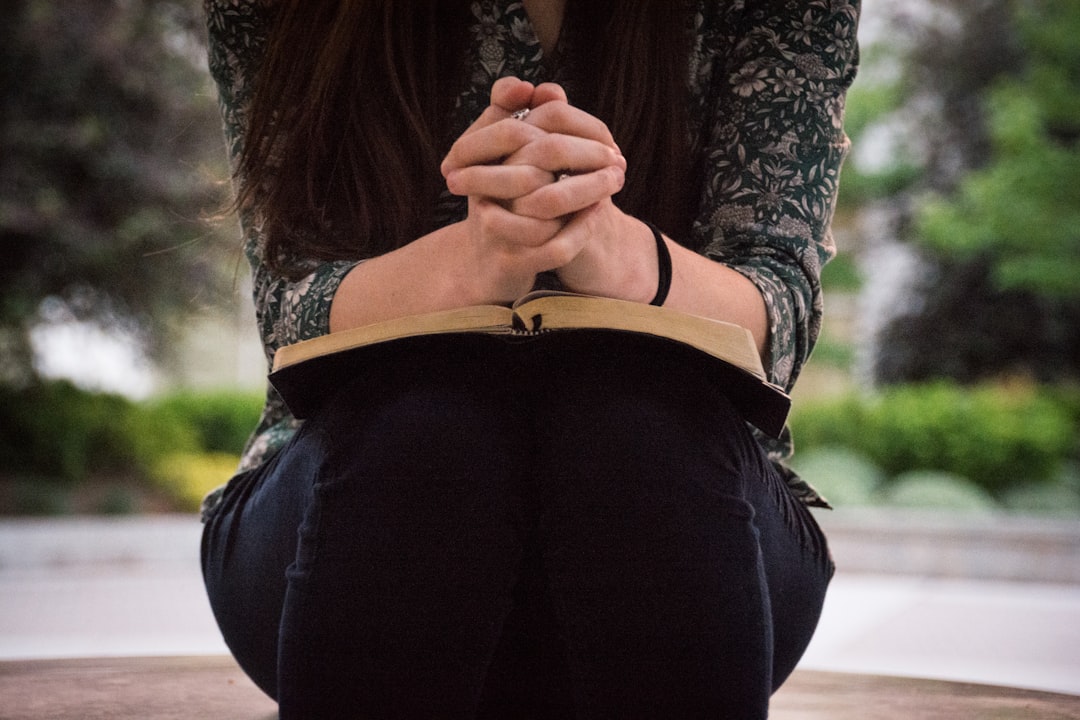Reincarnation, the belief that after death, one’s soul is reborn into a new body, is a concept that has been prevalent in various Eastern religions for centuries. These religions, including Hinduism, Buddhism, and Jainism, have long held the belief in the cyclical nature of life and death, and the idea that the soul is eternal and undergoes multiple rebirths until it reaches a state of spiritual enlightenment. In this blog post, we will explore the idea of reincarnation in Eastern religions, its significance, and how it shapes the beliefs and practices of millions of people around the world.
In Hinduism, the oldest of the major world religions, reincarnation is a core belief that is intricately woven into the fabric of the faith. Hindus believe that the soul, or Atman, is immortal and goes through a cycle of birth, death, and rebirth known as samsara. The soul’s journey through samsara is determined by karma, the law of cause and effect, with good deeds leading to positive outcomes in future lives, and bad deeds resulting in negative consequences. Ultimately, the goal of Hinduism is to break free from the cycle of samsara and achieve moksha, or liberation from the cycle of birth and death.
Buddhism, which emerged as a reform movement within Hinduism, also shares a belief in reincarnation but differs in its interpretation of the process. In Buddhism, the cycle of birth, death, and rebirth is seen as a chain of suffering that is caused by attachment to the material world. The goal of Buddhism is to attain Nirvana, a state of enlightenment and liberation from the cycle of samsara. Buddhists believe that through meditation, ethical living, and the cultivation of wisdom, one can break free from the cycle of rebirth and achieve spiritual liberation.
Jainism, another ancient Indian religion, also holds a belief in reincarnation similar to Hinduism and Buddhism. Jains believe that the soul, or jiva, is eternal and undergoes countless rebirths based on the accumulation of karma. Like Hindus and Buddhists, Jains strive to break free from the cycle of samsara and achieve spiritual liberation through the practice of non-violence, truthfulness, and austerity.
The concept of reincarnation in Eastern religions has profound implications for how individuals view life, death, and the nature of existence. Unlike in Western religions, where the afterlife is often seen as a one-time event of judgment and salvation, the belief in reincarnation suggests that life is a continuous journey of self-discovery and spiritual growth. This perspective encourages followers to live ethically, cultivate virtues, and strive for self-improvement in each lifetime, knowing that their actions will shape their future incarnations.
The idea of reincarnation also provides a sense of comfort and hope to many people, as it suggests that death is not the end but a transition to a new beginning. For those who have experienced loss or suffering, the belief in reincarnation offers a way to make sense of life’s challenges and setbacks, knowing that every experience is part of a larger spiritual journey towards enlightenment.
In addition to its spiritual significance, the concept of reincarnation has also influenced cultural practices, mythology, and art in Eastern societies. Stories of past lives, karma, and rebirth are common themes in literature, folklore, and religious texts, shaping the way people understand their place in the world and their relationship to the divine.
Overall, the idea of reincarnation in Eastern religions offers a unique perspective on the nature of existence and the eternal journey of the soul. Whether viewed as a cycle of suffering to be transcended, a path to enlightenment and liberation, or a source of hope and comfort in times of difficulty, the belief in reincarnation continues to inspire millions of people around the world to live purposeful, ethical, and spiritually fulfilling lives.

